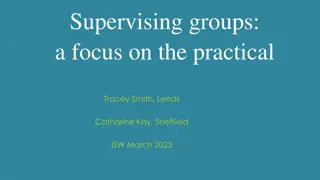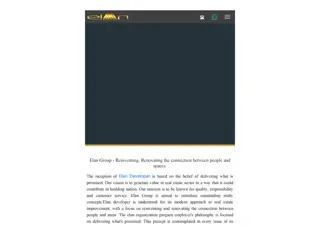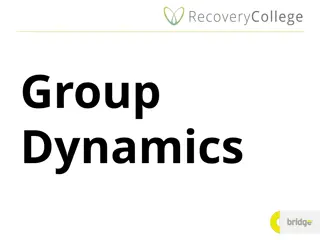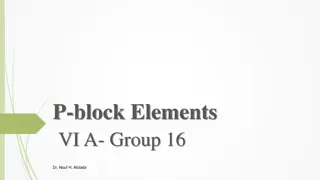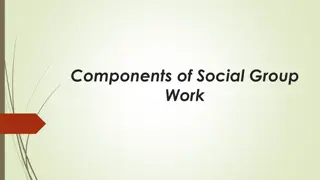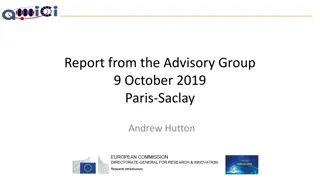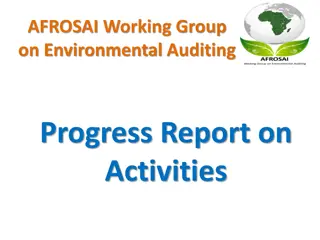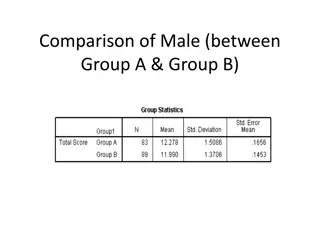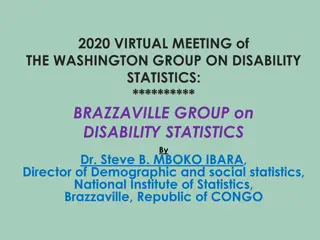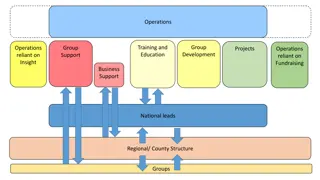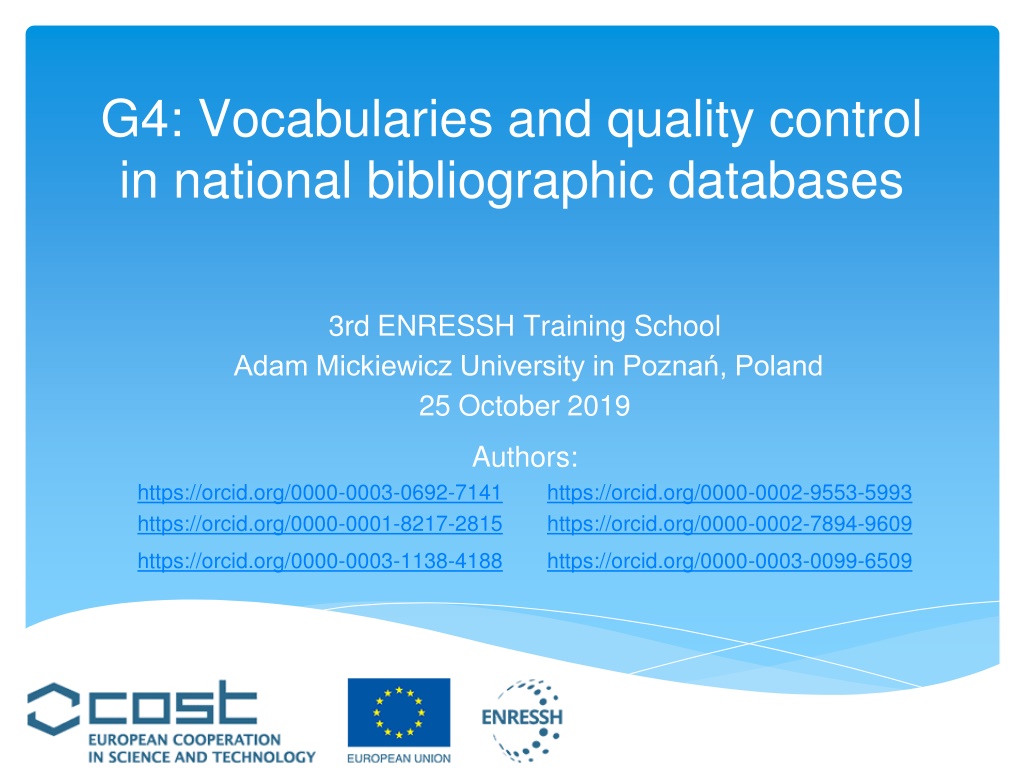
Vocabularies and Quality Control in National Bibliographic Databases
Explore challenges and strategies in managing national bibliographic databases, with case studies from small and large countries demonstrating different systems and identifiers. Learn about funding, data quality, and interconnecting with international research.
Download Presentation

Please find below an Image/Link to download the presentation.
The content on the website is provided AS IS for your information and personal use only. It may not be sold, licensed, or shared on other websites without obtaining consent from the author. Download presentation by click this link. If you encounter any issues during the download, it is possible that the publisher has removed the file from their server.
E N D
Presentation Transcript
G4: Vocabularies and quality control in national bibliographic databases 3rd ENRESSH Training School Adam Mickiewicz University in Pozna , Poland 25 October 2019 Authors: https://orcid.org/0000-0003-0692-7141 https://orcid.org/0000-0001-8217-2815 https://orcid.org/0000-0002-9553-5993 https://orcid.org/0000-0002-7894-9609 https://orcid.org/0000-0003-1138-4188 https://orcid.org/0000-0003-0099-6509
Introduction Rationale for choosing abstract cases: To compare two abstract cases (small and large country) To compare centralised vs. decentralised system Countries of group members: Cuba & Germany: No national databases available Poland: National database processes high amount of data, but provides only restricted data access for external users (e.g. apart from the Ministry) Czech Republic & Croatia: Small countries with centralised systems Group 4: Vocabularies and quality control
Common challenges I Funding allocation of national bibliographic databases National databases of person identifiers and/or institutions Some data might not be available in international databases Special case of conferences Connection of local and/or national research with international research Group 4: Vocabularies and quality control
Common challenges II To identify changes of affiliations and institutions Focus on open and broadly used identifiers (in contrast to closed systems) Comprehensiveness and validity of data gathered in national database High quality processor support Group 4: Vocabularies and quality control
Case 1: Small country with central system To establish/To use existing national identifier systems for persons, institutions, etc. Local identifiers need to be linked to international IDs (to make them sustainable) Interconnection with open data aggregators Take into account national particularities and needs (FORD classification granularity) Group 4: Vocabularies and quality control
Case 2: Large country with decentralised system To provide centralised infrastructure that can allocate data on a decentralised level (regions, institutions, etc.) Match local identifiers with international ones (or provide a data model for such a function) Provide possibility to enrich data from other systems (to provide raw data and receive in return enriched data) Interconnect data with WoS and Scopus (or specialised bibliographic databases / preprint servers for SSH, such as ERIH, ERIC, SocArxiv) Interconnection with open data aggregators Group 4: Vocabularies and quality control
12th recommendation from the manual: Maintain authority lists for publication channels (Vocabularies, authority control and identifiers) To provide an authority lists for conferences Connection of local research with international research Data for conference organisers at national level (interoperability) Definition of national and international conferences Data validation for international conference organisers Group 4: Vocabularies and quality control
Further recommendations from the manual I 15th recommendation: Use as much as possible terms from well-known and standardized vocabularies No international (comprehensive) vocabulary available for SSH Stronger focus on local languages in SSH 16th recommendation: When developing own vocabulary, consult stakeholders and relevant experts Consider the local context Structure of national/regional higher education systems, national/regional research policies, institutional policies, etc. 17th recommendation: Implement a high quality deduplication procedure One entity might have several IDs on an international level (e.g. different DOI versions) Version control policy needed Group 4: Vocabularies and quality control
Further recommendations from the manual II 18th recommendation: Provide guidelines for metadata input or transfer 2-step control needed By researchers and administrators More relevant than relying only on guidelines 19th recommendation: Complete missing data and validate the accuracy of metadata Automatic protocol to identify missing data Additionally to be checked by humans (to assure an optimal level of control) Group 4: Vocabularies and quality control
Thank you. Source: Radomil, CC BY-SA 3.0 Further reading: S le, L., Guns, R., Ivanovi , D., P l nen J., and Engels T.C.E. (2019). Creating and maintaining a national bibliographic database for research output: manual of good practices. ENRESSH & ECOOM: Antwerp. DOI: 10.6084/m9.figshare.9989204 Group 4: Vocabularies and quality control


